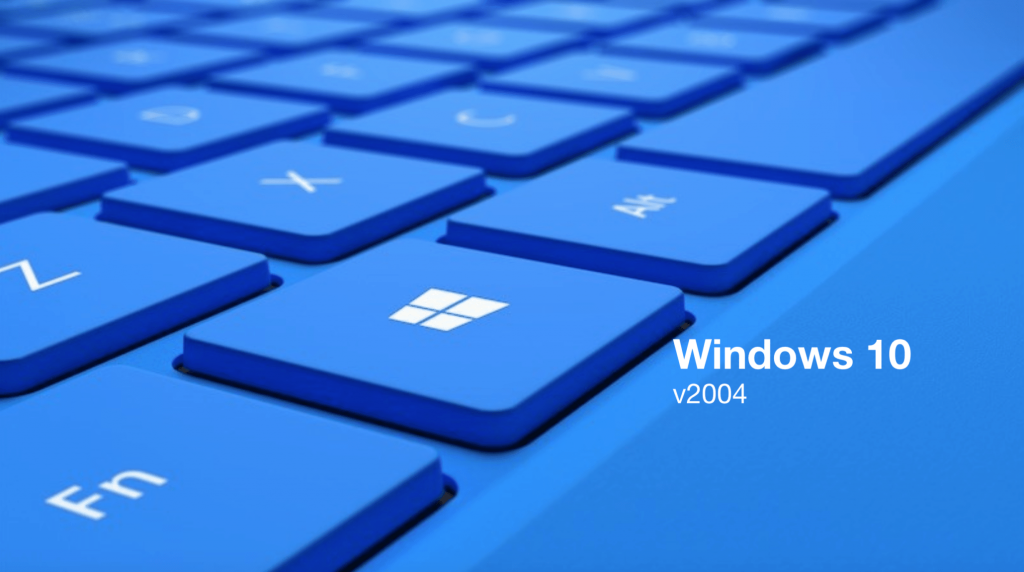Microsoft has officially begun discontinuing support for 32-bit processors with the release of Windows 10 2004, thus requiring Windows 10 to run on 64-bit machines only.

Microsoft will no longer support 32-bit versions of Windows 10. Starting with Windows 10 2004, which is already available to OEMs and developers, the company is now discontinuing support for 32-bit versions of the operating system for new OEMs. The change refers to the documentation of minimum material requirements.
To be clear, this change does not affect existing computers, and Microsoft says it is still committed to providing feature support for 32-bit versions of older machines. This means you can still purchase a retail copy of Windows 10 and use it on your existing 32-bit machine.
The discontinuation of support is aimed at new OEM computers as 32-bit processors will no longer be supported by chip manufacturers and so these devices will slowly disappear from the market. And so OEM computer manufacturers will not be able to produce such machines.
Any contemporary computer that you will be able to buy will have a 64-bit CPU and the reason for making this change is simply because there is no demand for 32-bit computers.
If you have a 32-bit computer, there's no reason to worry, and it probably won't be for quite some time. These computers will probably be eliminated in normal timeslettertheir support, unless at some point Microsoft changes the policy.
Windows 2004 version 10 is expected to be released later this month and the final version is already available for users in ring preview of the Windows Insider program. The first production devices are expected to be updated in the last week of the month.





